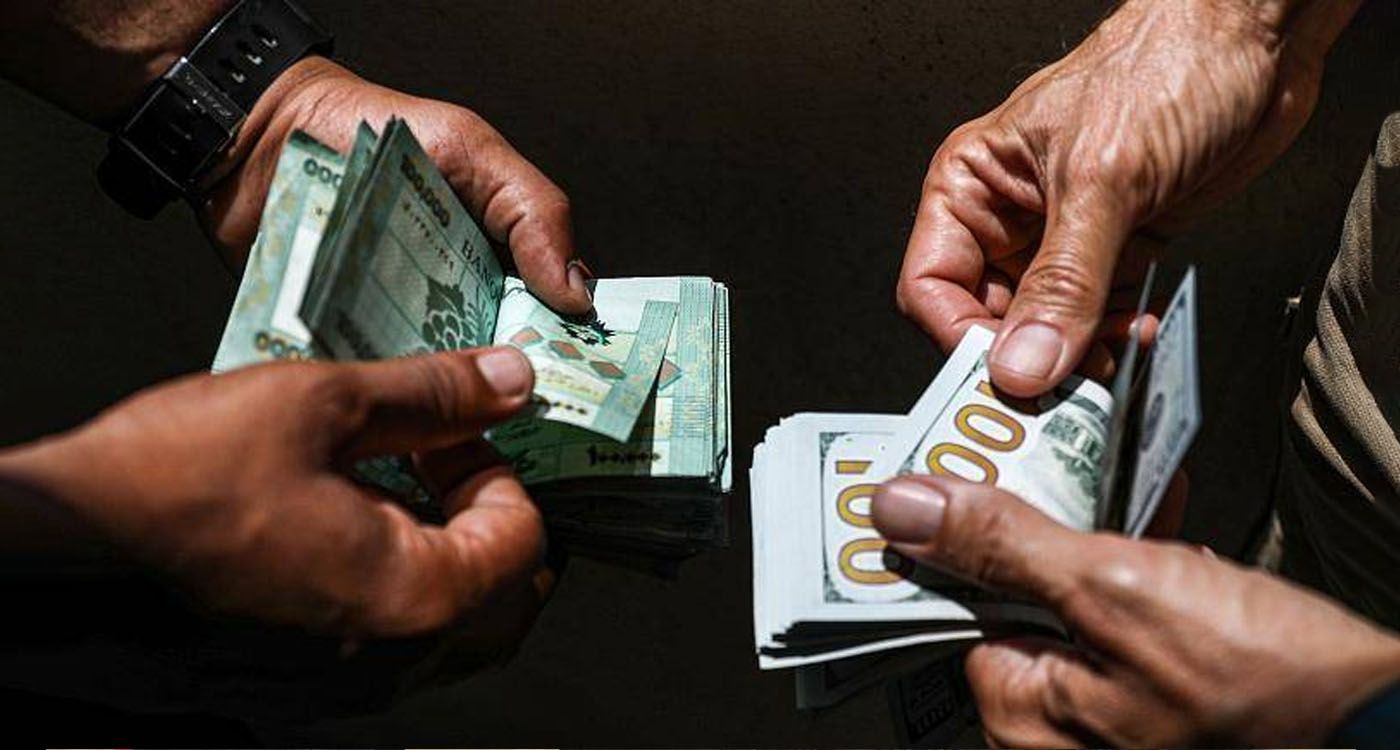
According to several reliable sources, Lebanon could soon be added to the Financial Action Task Force (FATF) grey list. A decision is expected in five days. If confirmed, this would hardly come as a surprise.
However, rumors have circulated over the past 24 hours about a possible postponement of the decision to November rather than October, depending on developments in Lebanon, which has been plunged into military conflict following Hezbollah's opening of the southern front with Israel on October 8, 2023.
This potential postponement is driven by two factors. First, the international conference in support of Lebanon is scheduled in Paris on October 24, coinciding with the FATF plenary meeting taking place from the 21st to the 25th. Additionally, some influential FATF members are keen to avoid dealing a severe blow to Lebanon, as being placed on the grey list could provide more opportunities for those aiming to capitalize on the country’s challenging situation, given the limited access to banking services that such a classification would bring.
Grey List
The Financial Action Task Force (FATF) is an intergovernmental organization dedicated to a global initiative aimed at combating money laundering, terrorist financing, and the financing of proliferation. It establishes international standards to empower national authorities to effectively track down illicit funds related to drug trafficking, illegal arms trade, cyber fraud, and other serious crimes.
Its decision-making body convenes three times a year (in February, June, and November) to hold countries accountable for failing to meet its standards. In cases of repeated non-compliance, a country may be classified as a jurisdiction under increased scrutiny or high risk. These classifications are commonly referred to as the "grey list" and "black list."
In this context, it is important to note that the FATF also holds meetings in November, typically focused on reviewing the implementation of its recommendations or assessing the progress of the countries involved. This is likely to be the case for Lebanon during the upcoming November sessions.
No Progress
On two occasions, Lebanon has been given the chance to address the situation by implementing the necessary adjustments to its legislation, particularly concerning anti-money laundering and counter-terrorism financing efforts. However, the cash economy remains predominant, especially as chaos has intensified following Hezbollah's opening of the southern front.
The likelihood of Lebanon being placed on the "grey list" has reportedly increased following a FATF evaluation report from December 2023, which highlighted numerous deficiencies in the framework for addressing money laundering and terrorist financing. The report referenced the activities of a "prominent local paramilitary organization," implicitly alluding to Hezbollah without naming it. It also emphasized that government corruption and tax evasion are key offenses generating criminal proceeds linked to money laundering.
Banking Operations Issues
Clearly, Lebanon's inclusion on the grey list would damage the reputation of the political class, often seen as an impediment to structural reforms and a facilitator of corruption. Furthermore, it would limit Lebanon's ability to negotiate international aid for its reconstruction and to restructure its external debt.
This designation would particularly complicate banking operations, jeopardizing the transfer of funds to and from Lebanon, which are essential for importing basic necessities, while also increasing transaction costs.
In other words, the Lebanese financial system will be subjected to increased scrutiny, which could lead some correspondent banks to sever all ties with Lebanese clients due to the high risk of financial crime or to require Lebanese banks to increase their liquidity to cover credit risks.
It is worth mentioning that Lebanon was placed on the "black list" of non-cooperative countries in 2000. However, the adoption of the Anti-Money Laundering and Counter-Terrorism Financing Law (AML/CFT) in 2001 and its membership in the Egmont Group (an international consortium of financial intelligence units) allowed Lebanon to be removed from this list in 2002.

Comments